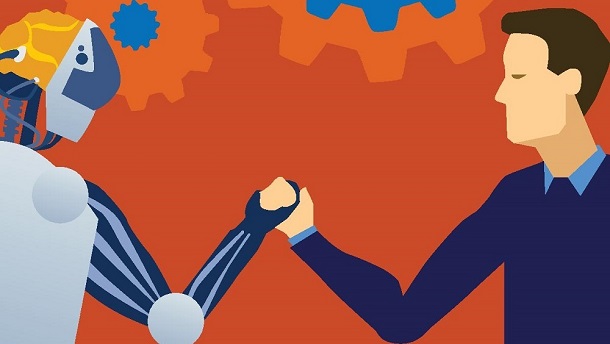
Summary: For companies and their employees, the tide has turned. Proficiency in solving problems and analysing data are no longer the keys to success. The ability to listen, communicate, and empathise is becoming increasingly valuable in the workplace.
Log In or become an AIMA member to read more articles
